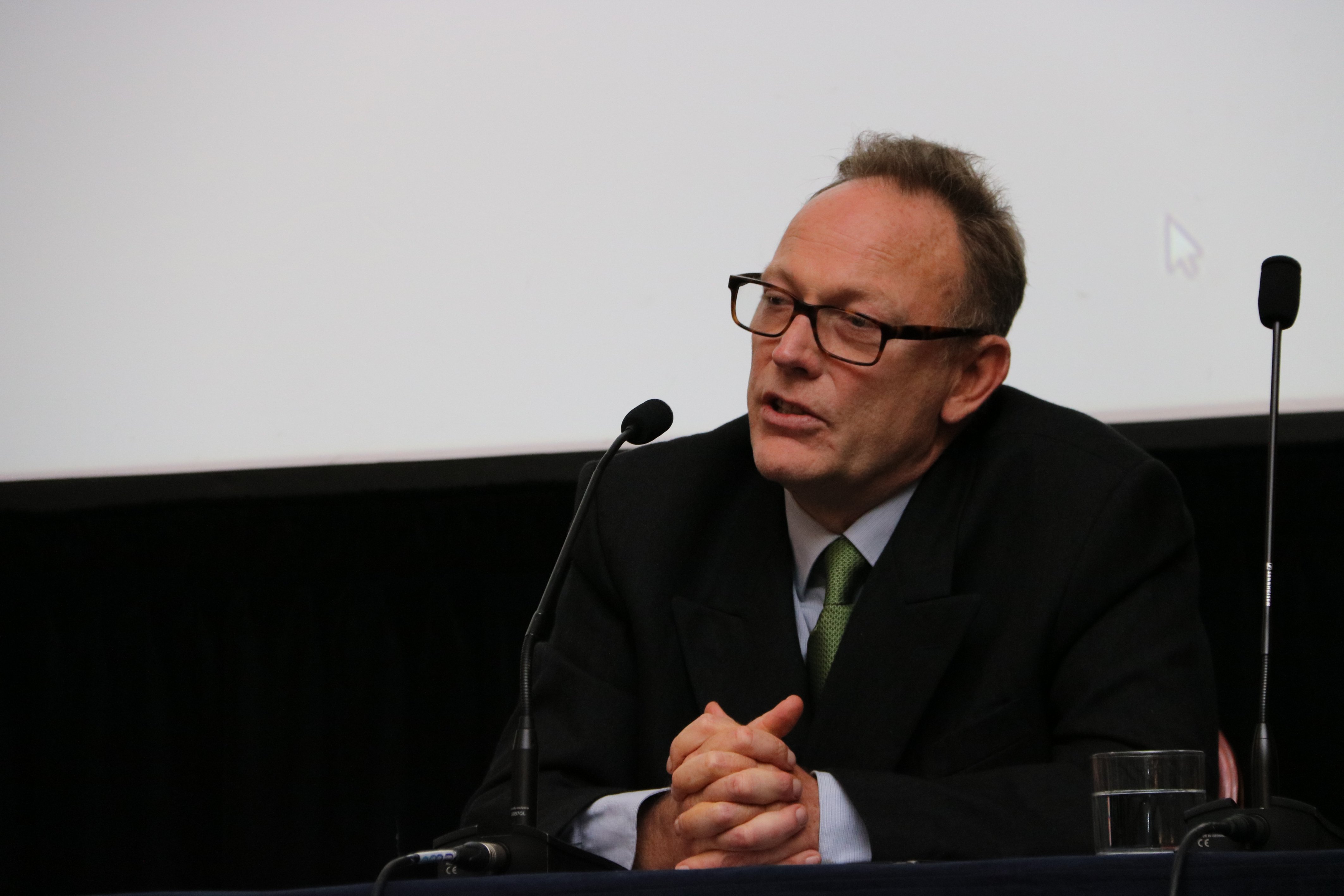British barrister Ben Emmerson, leader of the team that took the Catalan political prisoners' case to the UN Working Group on Arbitrary Detention (WGAD), has sent a warning to Spain's acting prime minister, Pedro Sánchez, on the nature of human rights violations. This follows the Spanish government's defiant reaction to the UN Working Group report released last Wednesday, which called for the immediate release of jailed pro-independence leaders Oriol Junqueras, Jordi Sànchez and Jordi Cuixart.
In a tweet, Emmerson reminded Pedro Sánchez that he cannot hide behind separation of powers, since the final responsibility, when it comes to human rights, belongs to the whole of the state and not just the justice system or the government executive:
The Spanish Government involves the separation of powers principle when it suits them to shrug off their political responsibilities. Unfortunately for Sanchez, the Spanish State is one unity for the purposes of liability for human rights violations under international law.
— Ben Emmerson 🎗️ (@BenEmmerson1) 2 de juny de 2019
He then went into more detail about the implications of this under international law: giving the example that Pedro Sánchez, as head of the executive, is "directly liable" for acts committed by "Llarena and the others", a reference to judge Pablo Llarena, the Supreme Court judge in charge of the investigative phase of the case against the 12 independence leaders, whose decisions maintained some of the trial defendants in provisional prison for many months.
Under international law, Spain is liable for human rights violations whether they are caused by the executive, legislative or judicial branches. Sanchez is directly liable for the acts of Llarena and the others. Invoking the separation of powers doctrine provides no excuse in law
— Ben Emmerson 🎗️ (@BenEmmerson1) 2 de juny de 2019
Last Wednesday, Emmerson warned that Spain would face "international condemnation" and would be condemned as a "corrupt state" if it ignored the UN group's opinion. The barrister warned Pedro Sánchez that if he wanted to prove that Spain was a democracy that respected the rule of law, he had no alternative but to free the political prisoners immediately.
In a press conference from London, Emmerson added that if Spain did not release the prisoners, the EU institutions would have "no choice" but to act against the Spanish state. "It is now necessary for the Sanchez government to grant an amnesty to the exiles and sit down at the negotiation table with international mediators," he asserted.
The lawyer recalled that Spain is a signatory of the International Covenant on Civil and Political Rights and thus treaties signed in the international arena are also part of Spanish legislation. Accordingly, ignoring the recommendations of the UN group or even sentencing the prisoners to jail, would mean the country was "continuing with its flagrant and continued violation of the law."

